Founded in 1995, Remedy Entertainment is a Finnish studio that made its mark on the gaming world through its eccentric, narrative-focused games that tend to blend several art forms including music, poetry, and live-action performances.
Over the years, the studio has tried its hand at different genres with varying levels of success. Oftentimes, the studio doesn’t limit itself to gaming and attempts to expand its worlds through other mediums such as television and books. Thanks to the creative work of Sam Lake, the titles have blended through the Remedy Connected Universe, and characters from different games have crossed paths.
It’s worth exploring the Finnish studio’s history, as you can spot an evolution of ideas as Remedy found its footing and identity. If you’ve become interested in Lake and his team following Alan Wake 2, you have plenty of amazing experiences ahead. This ranked list of Remedy games spans from Death Rally to Alan Wake 2. Agents of Storm isn’t discussed, as it’s a mobile game, and CrossfireX has been left out because Remedy only developed the single-player portion of it.
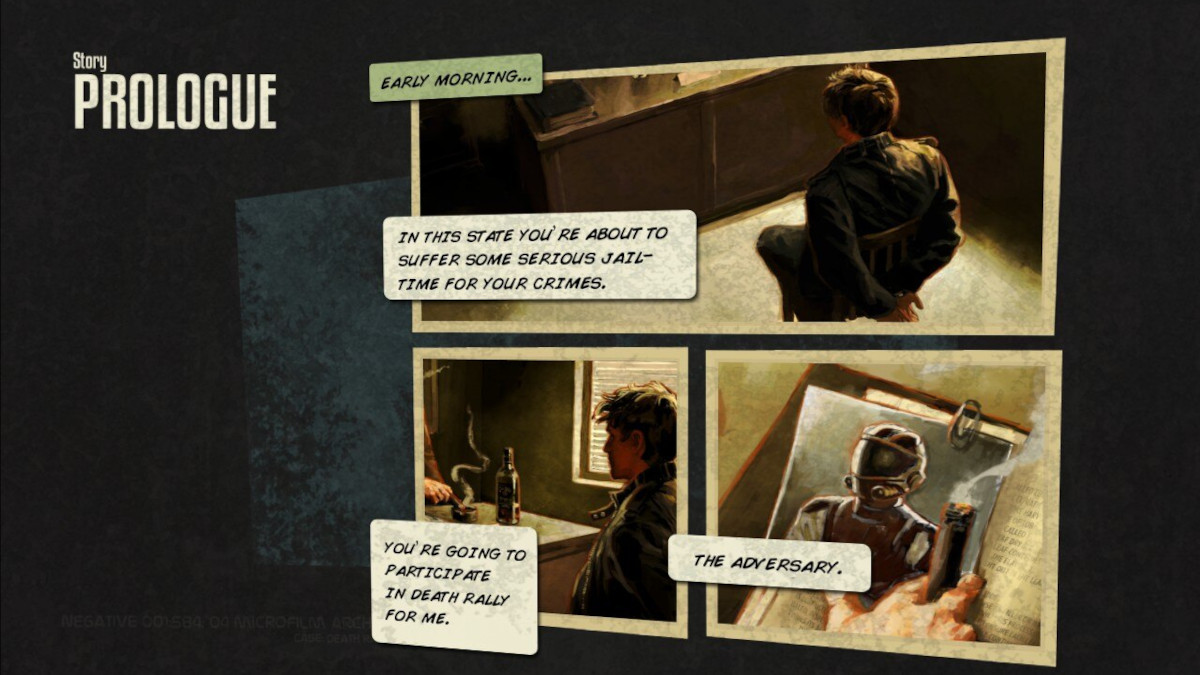
7. Death Rally
Remedy’s first title was Death Rally, which was released in 1996. It’s an arcade racer that throws in some vehicular combat to keep your adrenaline high. As you win races, you accumulate money to upgrade vehicles. It’s a fast-paced game, and it takes a while to get comfortable with the controls and how the vehicles handle.
In this early game, you see some of the elements that will come to define Remedy appear. The studio’s tendency to experiment with different storytelling methods is present, and Death Rally features a plot that unfolds through comic book-style panels. It also demonstrates Remedy’s good use of music, as the game’s soundtrack is quite effective at getting your blood pumping and your head nodding.
It’s an ambitious title that’s worth playing if only to see just how far the studio has come. However, if you have a low tolerance for retro games, you’d be forgiven for giving it a miss. To make things easier for yourself, grab the remake released in 2011.

6. Max Payne
I’m generally not a fan of these types of action games, and I would have never touched Max Payne if Remedy’s name wasn’t attached. The first game, released in 2001, never managed to impress me, but I don’t regret playing it.
Max Payne shows just how masterfully the Finnish studio handles atmosphere. It feels like a ’90s crime drama with all the action and suspense. Sometimes, it’s a little too cheesy, but if you’re willing to just accept the game for what it is, the over-the-top moodiness and noir aesthetic are hard not to appreciate.
Part of what makes Max Payne unique is its use of bullet time. During shootouts, you can trigger it to slow everything down and move with precision to dodge bullets. It’s a cool feature that draws from cinema, and it ensures the otherwise bland gameplay has a little pizzazz. Payne may be a serious guy, but the game doesn’t take itself too seriously. Sam Lake’s likeness is used for Payne, and he sports the now iconic squinty face.
Despite its age, the game holds up relatively well, though it does take a while to get the hang of it. If you’re interested in playing Payne, it may be a good idea to wait a little, as a remake is coming.

5. Max Payne 2: The Fall of Max Payne
Remedy returned to Max Payne with a sequel released in 2003. It retains many of the features from the first game, such as the use of bullet time, though there are plenty of additions including a significantly improved combat system.
It’s a good game, but by the time it was released, several action games were attempting similar things, and sometimes doing it better. Anyone consumer around that time could have just as easily picked up True Crime: Streets of LA or Grand Theft Auto: Vice City instead.
If you didn’t enjoy the first game, Max Payne 2 isn’t going to change your mind. If you loved the first game, you’ll be getting more of the same with some improvement in the writing department. I’m glad that the rights to the franchise are currently with Rockstar, as it could have easily become a distraction preventing Remedy from exploring other ideas that have come to define the studio.

4. Alan Wake
Many players were introduced to Remedy through Alan Wake. The 2010 game stars Ilkka Villi as the titular protagonist, who travels to a small town to spark his creativity once more. Things quickly take a supernatural turn after Alan’s wife goes missing, and he discovers that Cauldron Lake holds dark forces.
Since its release, the game has earned itself a cult following, with many players appreciating its narrative, atmosphere, and writing. It draws heavily from David Lynch’s work, especially Twin Peaks, as well as Stephen King’s novels.
The game excels with its story, which has Alan discovering that the events of a novel he wrote are playing out. The game is broken up into episodes, and it often feels like you’re playing a teen mystery-thriller television series as you explore the creepy woods of Bright Falls.
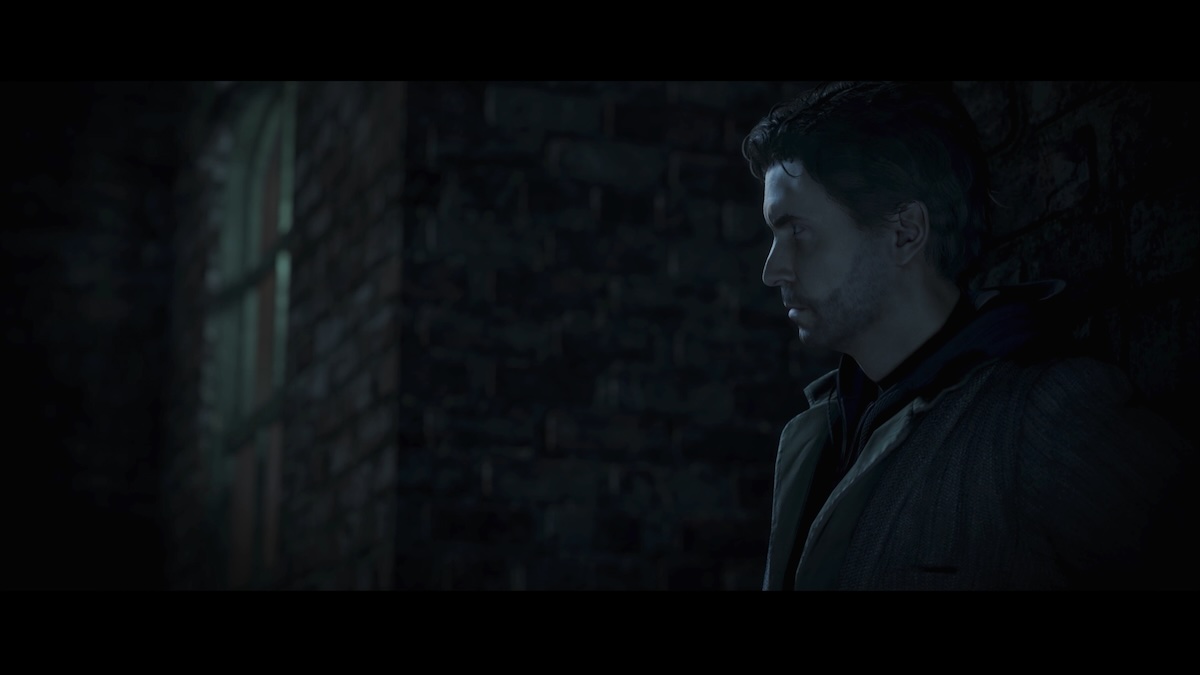
Don’t let this fool you into thinking it’s a perfect game, however. The gameplay was somewhat tedious in 2010, and it’ll feel unbearable to a lot of modern players. To defeat the marauding Taken, you have to weaken them with your flashlight first before you can shoot. This requires you to constantly keep a supply of batteries on you. The enemies aren’t particularly clever, so dealing with them feels like work more than play.
It’s a dated game in terms of its gameplay, though there is a remaster available that offers you modern visuals. If you fall in love with the game, it’s also worth checking out the two additional episodes released titled The Signal and The Writer, as well as the spin-off Alan Wake’s American Nightmare, which is a bit more of an action game.
If you’re asking yourself whether you should play Alan Wake, consider whether you value narrative over gameplay. For fans of Twin Peaks and similar media, it’s easy to see why the game is a classic, though if you have a low tolerance for weak gameplay, you may be better off just watching a playthrough on YouTube.
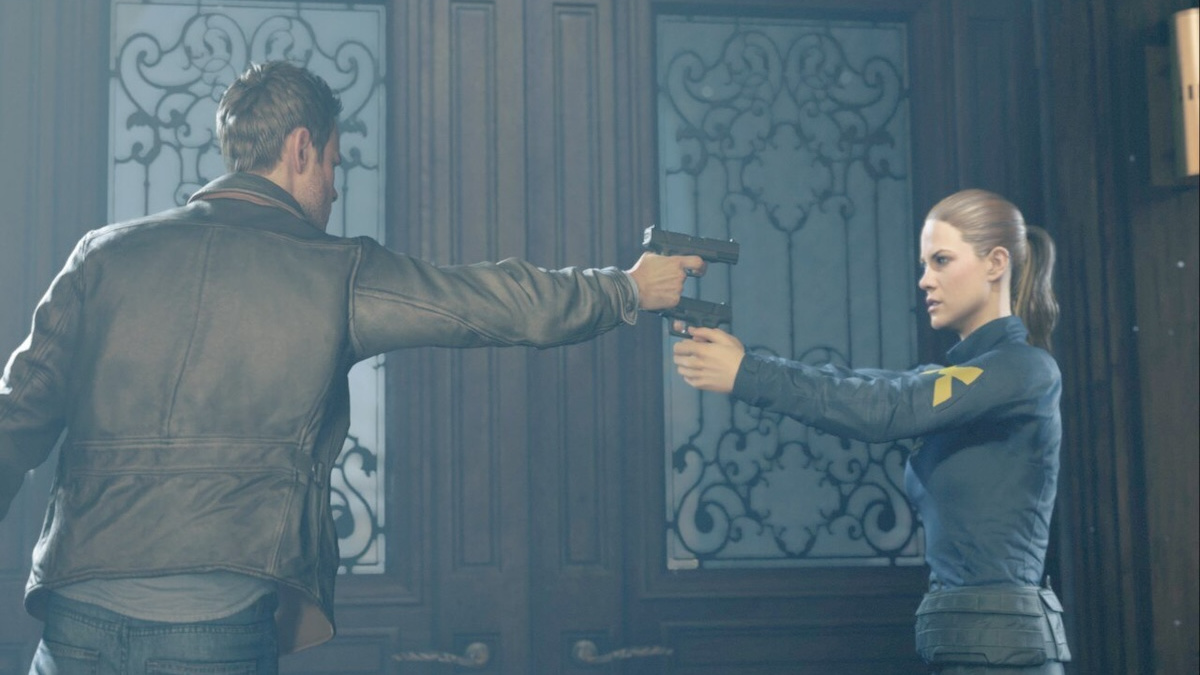
3. Quantum Break
Quantum Break is a game that divides Remedy’s fan base. Plenty of people who otherwise adore the studio’s work find Quantum Break to be a bore that is too narrative-heavy with an insufficient amount of high-adrenaline action moments. For those who love the game, they tend to be attracted to its experimental nature, time travel tomfoolery, and unique aesthetic.
The game follows Jack Joyce, who finds himself in a mind-bending conspiracy that could bring about the end of time. It is fairly linear, with some wide areas to explore, and your choices determine how the story will play out. When the game was released in 2016, this wasn’t a particularly unique feature, and in the grand scheme of things, your choices don’t make too much of a difference.
After completing chapters, you are treated to an episode of the Quantum Break series, and what scenes play will depend on the choices you’ve made. It’s a creative idea that blends television and gaming well and should be commended for that.
The game also showcases how talented Remedy is when it comes to visual design. As time fragments, affecting reality, some incredible visuals arise. Unfortunately, during several points, it feels like Remedy bit off more than it could chew, leaving the game with more than a few half-baked elements.
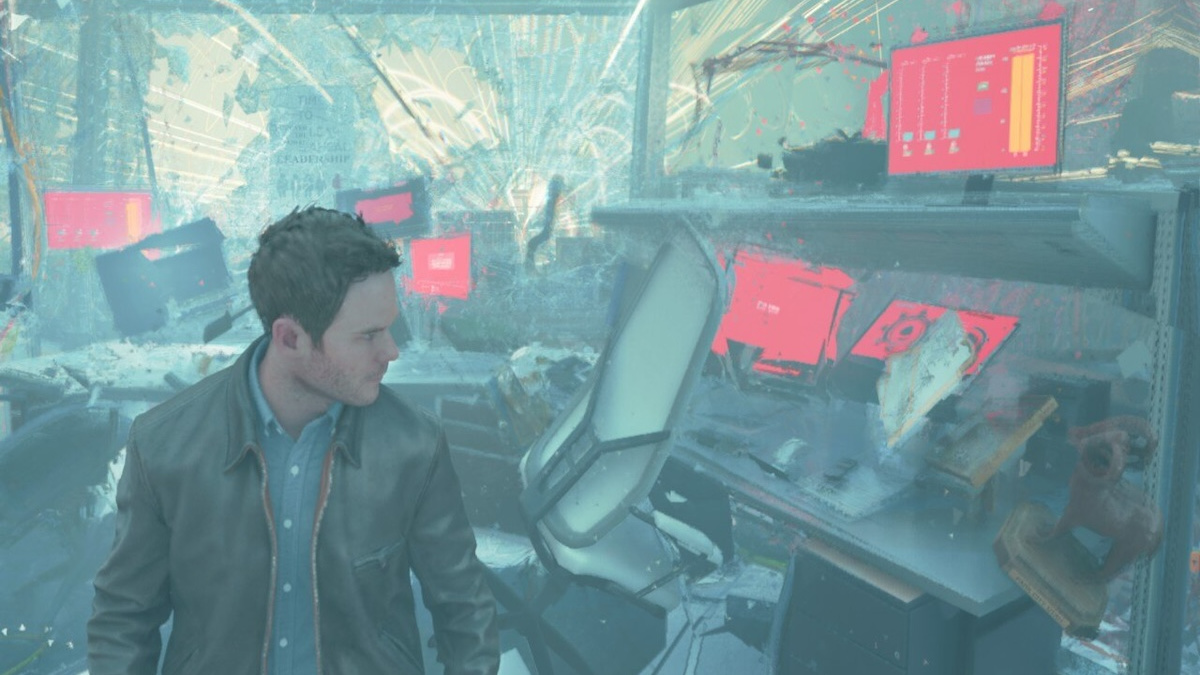
One of the biggest glaring issues is that the game’s story is incredibly fragmented, and fitting everything together requires you to find all collectibles and take a break from gameplay to read them. Consequently, for many players, it became a tough task to keep track of the story, which is already complicated enough thanks to the time travel.
Secondly, the few combat encounters that exist are beyond cool. You get to freeze time, manipulate objects around you, and even dodge bullets, resulting in high-energy cinematic encounters. The downside is that these don’t pop up as often as I’d like, and at many points, I was left wishing characters could just stop talking so I could get back to doing awesome time travel tricks.
These issues don’t make Quantum Break a bad game; it’s an ambitious project that feels like you’re playing Primer, which is to be expected, as Sam Lake has listed the film as an influence. Nevertheless, the flaws do explain why the game isn’t as popular as it should be.
I wouldn’t be too shocked to hear someone claiming they hate the game. During my playthrough, I failed to grow attached to any of the characters, and I constantly wished the gameplay was expanded upon. Nevertheless, I love Quantum Break, flaws and all, and when the game is at its best, it’s easy to forgive all the low points.

2. Control
When most people think of Remedy, Control is likely the first game that comes to mind. It’s not an entirely original game and it draws heavily from the fictional SCP Foundation. The studio took this concept and sprinkled on that classic Remedy weirdness to create a game like no other.
Control centers on Jesse Faden who discovers the Oldest House and the Federal Bureau of Control, a group that strives to protect the world from strange anomalies that manifest in reality. She gains powers and a nifty service weapon which help her as she tries to uncover the mysteries behind her brother’s disappearance.
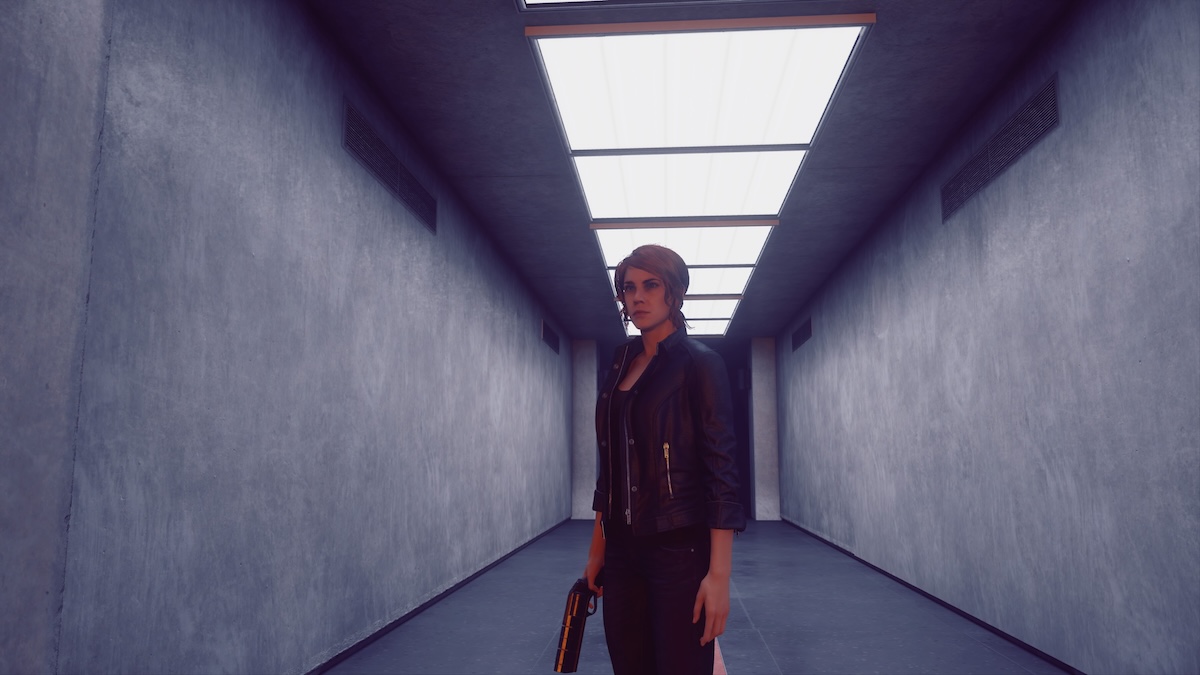
The game features a compelling narrative filled with several twists and paranormal elements, but that shouldn’t be a shock to anyone familiar with the studio. What is surprising is just how good the gameplay is. Control is perhaps the first title from the studio that has genuinely good gameplay that is well-balanced with the story.
Jesse’s powers are fun to use whether you’re levitating over enemies or throwing objects across the room using her mind alone. Control also establishes the Remedy Connected Universe, and in the game’s DLC you get to see Jesse’s path intersect with Alan’s. Fortunately, you won’t feel lost if you haven’t spent time with the horror writer’s franchise.
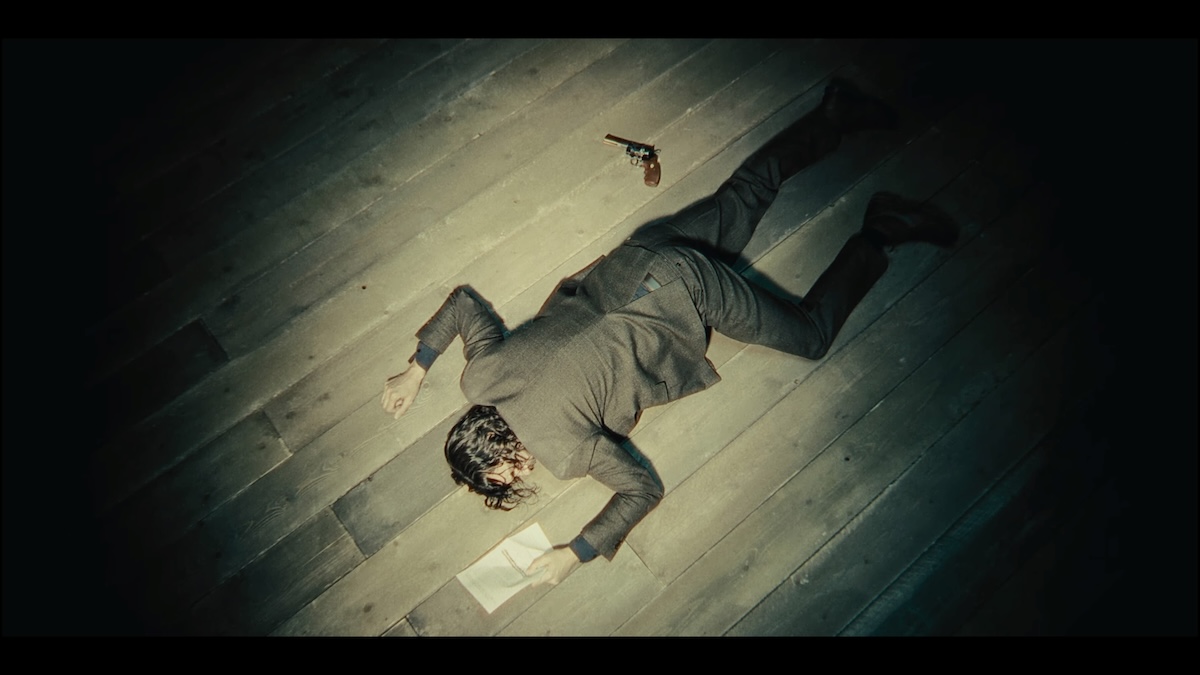
1. Alan Wake 2
It won’t be a surprise to many that Alan Wake 2 tops the list. It’s the latest offering from Remedy, and it represents a culmination of everything the Finnish studio has learned over the decades. It’s an amazing game for anyone interested in ambitious and eccentric experiences, but it feels even more special if you’re familiar with Remedy and can recognize the evolution of certain gameplay elements that have been fully realized in the survival horror game.
Part of what makes the game so special is that Alan Wake’s story parallels with Remedy’s history. Alan finds himself haunted by his past success and is crippled by the thought of not being able to replicate it. For his 13 years in the Dark Place, he desperately attempts to escape by writing the perfect tale.

Similarly, Remedy has found itself celebrated thanks to successful titles like Control. With Alan Wake 2, expectations are high but the studio has managed to not only meet them but also surpass them. Though sales figures have yet to be revealed, the game has already managed to nab 8 The Game Awards nominations.
For Sam Lake at his most bizarre and genius, Alan Wake 2 is a must-play title. It offers significantly improved gameplay compared to its predecessor and brings several current-gen gameplay mechanics such as the ability to instantly hop between reality and Saga’s Mind Place or Alan’s Writer’s Room.
As the studio has grown, it has attempted more ambitious goals. Currently, you can expect DLC for Alan Wake 2 in 2024, as well as a Control sequel which has yet to receive a release date. Remedy’s previously free-to-play game with Tencent is still in development but it has been reimagined as a premium game with a strong multiplayer focus.








